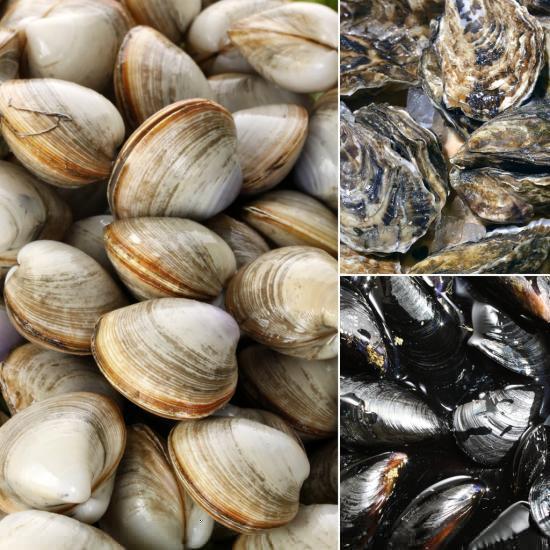Shellfish company fined for food safety offences
27th March 2019

Following an investigation involving Highland Council Environmental Health Officers, a Lochaber based shellfish company has been prosecuted for food safety offences.
Acharacle based GC Shellfish Ltd pled guilty at Fort William Sheriff Court on 25th March 2019 to two charges relating to the company accepting live bi-valve molluscs and handling live marine gastropods without the necessary documentation, both contrary to the Food Hygiene (Scotland) Regulations 2006. The company had a £2400 fine imposed.
There are strict legal requirements for food business operators to ensure that shellfish are only harvested from classified waters and are safe to eat.
Since bi-valve mollusc species such as mussels, cockles, and oysters are filter feeders they are susceptible to picking up and accumulating toxins, chemical or bacteriological contaminants, from their environment. To reduce the risk of contamination, these species can only be harvested from classified production areas and waters that are routinely monitored for marine bio-toxins. Marine bio-toxins, which are produced by certain types of phytoplankton (marine algae), can accumulate in the flesh of live bi-valve molluscs, such as cockles and mussels.
The consumption of shellfish which are contaminated with these bio-toxins can lead to illness, ranging from sickness and diarrhoea to more serious conditions which could require hospital treatment. Therefore, before placing shellfish on the market, food business operators are required to ensure that pickers and harvesters have only gathered shellfish from classified waters and that shellfish comply with the relevant health standards outlined within legislation. The legislation outlines strict documentation requirements for companies to follow, in order they can verify that all shellfish being placed on the market have originated from only classified waters and are safe to eat.
Graeme Corner, Highland Council's Senior Environmental Health Officer, who led his team's investigation said: "This case has served to emphasise the food safety importance of businesses fulfilling their legal obligations when harvesting, handing and distributing shellfish. It should be recognised that these legal obligations exist to ensure food safety and protect consumers from serious ill-health."
Anyone with information about shellfish being harvested from unclassified waters and placed on the market for human consumption, can contact Highland Councils Environmental Health Service on Tel: 01349 886603 or email: envhealth@highland.gov.uk.
Further information is also available regarding the legislative requirements relating shellfish on the Food Standards Scotland website at: https://www.foodstandards.gov.scot/business-and-industry/industry-specific-advice/shellfish.
